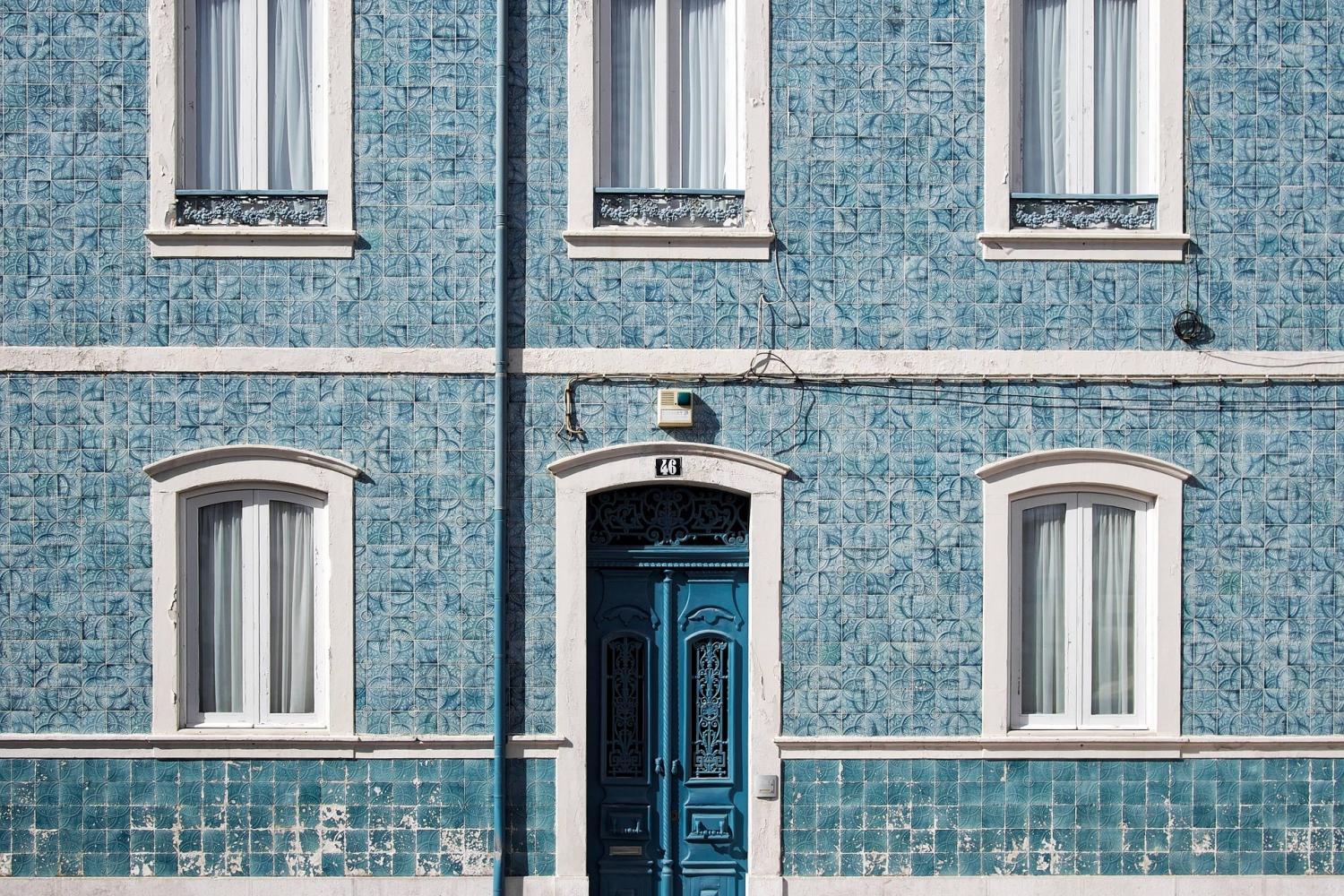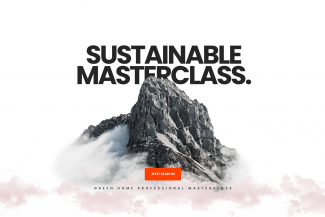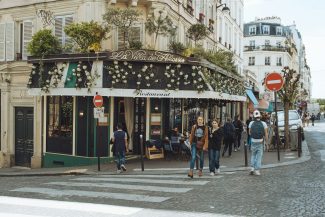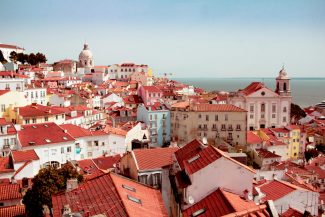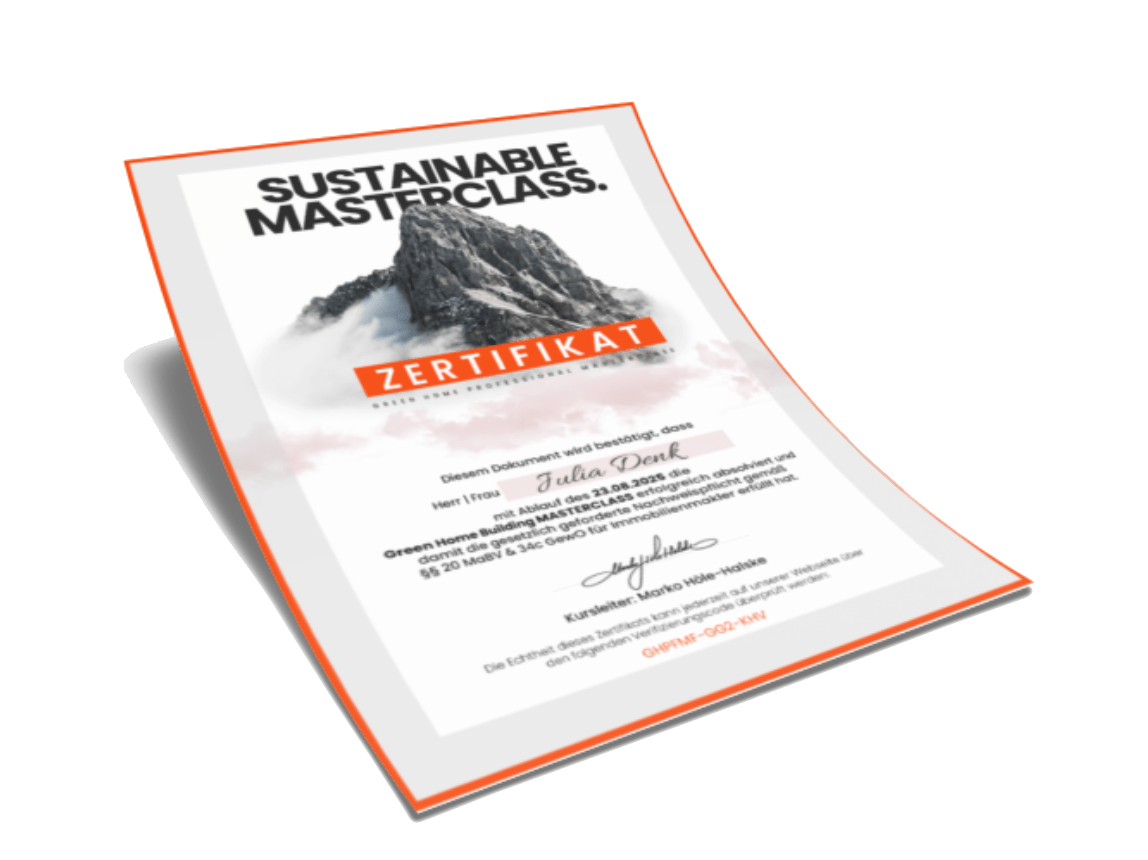Sustainable: Portugal, where the sun shines almost all year, is at the heart of a green transformation. More and more people are realizing that sustainable living, building biology, and energy-efficient homes are not just trendy—they are essential for a better future. This shift reflects a deep change in how we think about our homes and lifestyles.
Sustainable Homes (Casas Sustentáveis): Living in Harmony with Nature
When we talk about casas sustentáveis, we mean more than just buildings. These homes are designed to coexist with nature. They use ecological materials like cork, clay, and wood fiber. These materials not only protect the environment but also improve indoor air quality and comfort.
For example, cork insulation keeps temperatures stable, while clay walls help control moisture naturally. Together, they create a comfortable and healthy indoor climate.
Smart Energy Use: Making the Most of the Sun
In Portugal, where sunshine is abundant, it makes sense to use solar energy. Homes with photovoltaic panels and solar water heating systems benefit from lower utility costs and a smaller carbon footprint.
Additionally, smart building orientation, proper insulation, and triple-glazed windows help capture passive solar heat. As a result, homeowners enjoy a more comfortable indoor environment and reduced energy bills.
Sustainability Beyond Energy: Water and Nature Integration
True sustainability goes further than just saving energy. Many eco-homes include systems for rainwater harvesting and greywater recycling, which reduce freshwater use in gardens and toilets.
Moreover, integrating homes into their natural surroundings—by adding green roofs, living facades, and native plants—supports biodiversity and improves the local microclimate.
Building Biology: Health First in Construction
Building biology focuses on the health and well-being of people. It promotes the use of natural materials such as clay, wood, and cork to avoid indoor pollutants. These materials also help regulate humidity and temperature.
To enhance air quality, homes use natural ventilation instead of mechanical systems. Furthermore, reducing electromagnetic pollution through shielded cables and limiting Wi-Fi exposure can minimize sleep disturbances and stress.
Natural Light for Natural Well-being
Light influences our health. That’s why building biologists recommend large windows, skylights, and light-colored walls. These design choices maximize daylight, reduce energy needs, and support mental health and better sleep.
Alternative Living: Flexible and Sustainable
Besides traditional homes, tiny houses and prefabricated homes are gaining popularity. These options offer flexible, affordable, and eco-friendly alternatives:
-
Tiny houses promote minimalist living with lower resource use.
-
Prefabricated homes are built quickly and often use sustainable, energy-efficient materials.
Both living styles support a smaller ecological footprint while offering comfort and quality.
Portugal’s Real Estate Market: A Green Opportunity
Portugal’s property market—especially in the Algarve—offers excellent opportunities for sustainable living. Buyers can choose from eco-land plots, renovated homes, or new builds.
Before starting a project, it’s vital to understand local building regulations. Working with experienced architects and contractors ensures smooth planning and permits.
Fortunately, government incentives make sustainable building more accessible. Grants and tax benefits are available for energy-efficient renovations, solar systems, and green materials.
Your Path to an Eco-Friendly Future
Start your journey by learning about green building practices. Then, define your needs, set a budget, and work with professionals to design your dream home. Don’t forget to explore available subsidies and funding programs.
Portugal offers the perfect setting for creating a sustainable, healthy home. Whether you’re an investor, builder, or homeowner, the time to embrace green living is now.


